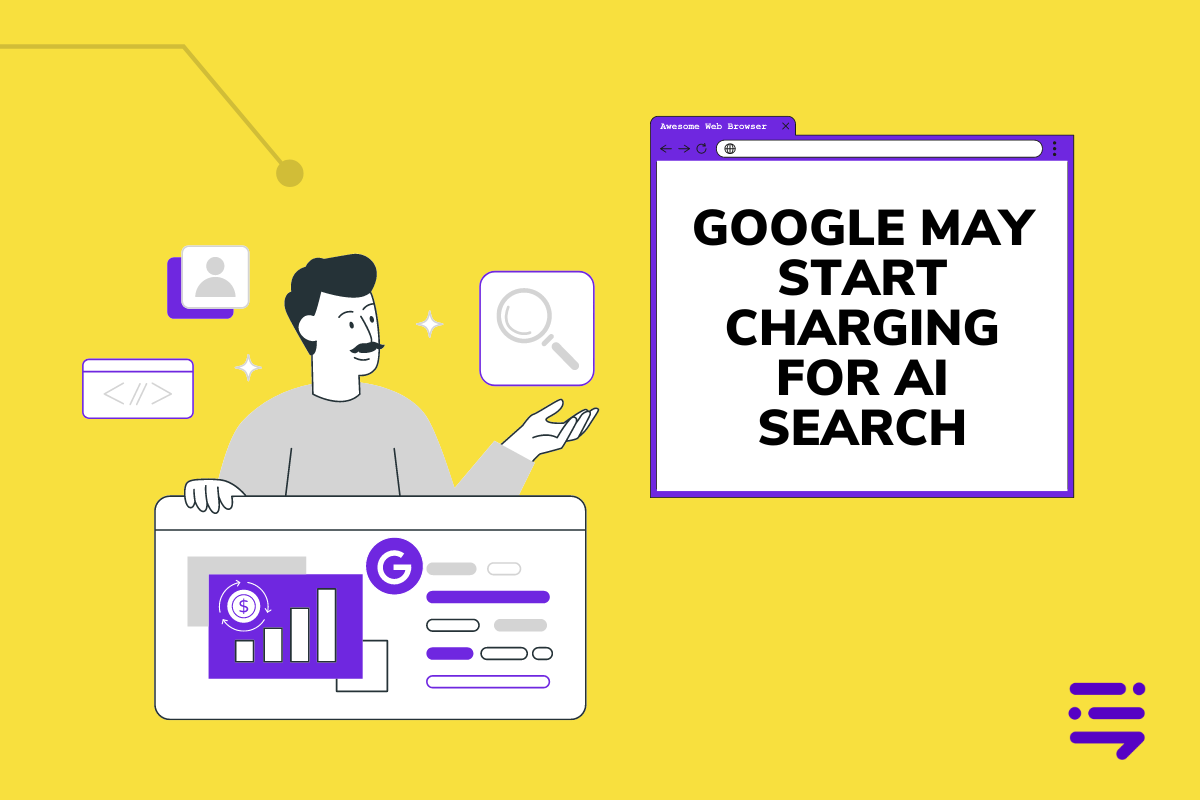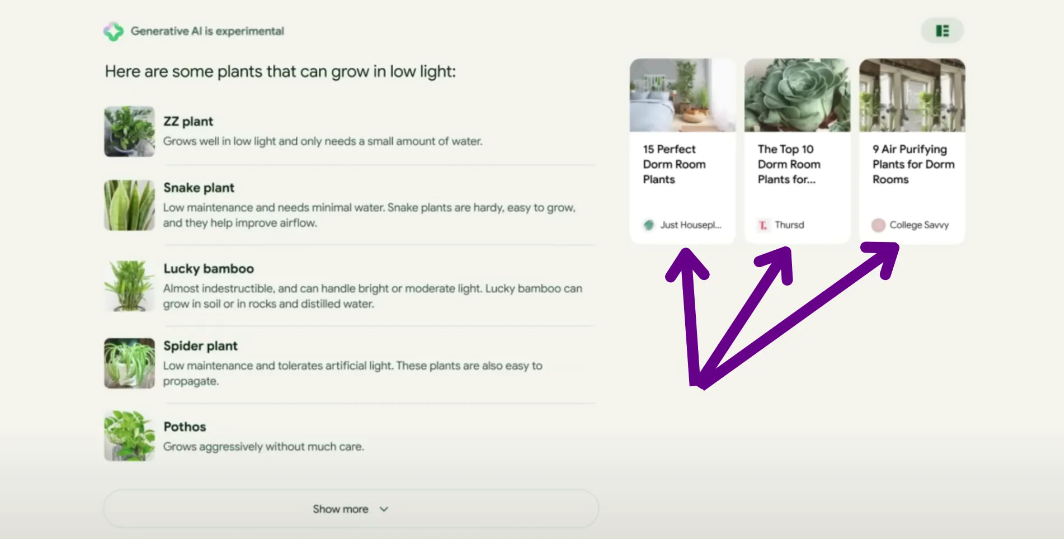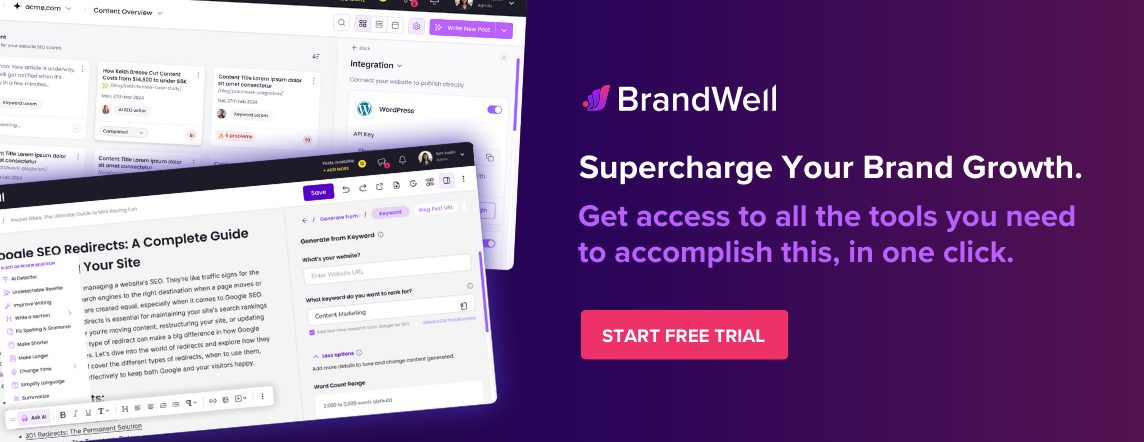Discover top guides, trends, tips and expertise from AIO Writers

According to a report from the Financial Times, Google is considering putting a price tag on some of its AI-driven search tools. While no final decisions have been made, options including adding premium features to its search engine for a fee or offering a subscription service are on the table.
This potential shift in strategy marks a significant change from Google’s traditional business model of offering its search engine for free and generating revenue primarily through advertising. As AI technology advances and becomes more integrated into search, Google is looking for ways to monetize these new capabilities.
Impact on User Experience
The introduction of paid AI-powered search features could have a significant impact on the user experience. On one hand, users who are willing to pay for these features may benefit from more accurate, relevant, and personalized search results, as well as the ability to perform more complex queries and tasks.
However, there is a risk that charging for these features could create a divide between those who can afford to pay and those who cannot, potentially leading to a two-tiered search experience. Google will need to carefully balance the benefits of monetization with the importance of maintaining an accessible and high-quality search experience for all users.

Comparison to Free Search
Google’s traditional search engine has been free to use since its inception, with the company generating revenue through advertising. This model has allowed Google to become the dominant player in the search market, with a 92% market share as of January 2023.
Switching to paid AI-powered search features would be a big change from what we’re used to, and it’s anybody’s guess how users will take it. Some may be willing to pay for the added benefits and capabilities, while others may prefer to stick with the free, ad-supported version of Google Search.
Google recently introduced a new premium offering for Google One members who want to access the most advanced model of the Gemini chatbot. It also added Gemini to its online productivity suite Workspace which includes the highly popular Gmail and Google Docs.
Google is not the only company investing heavily in AI-powered search. Microsoft, through its partnership with OpenAI, has integrated GPT into its Bing search engine via the Copilot chatbot to provide more intelligent and conversational search experiences.
In a statement, Google said it is not considering removing ads from the search experience but would “continue to build new premium capabilities to enhance our subscription offerings.”
Conclusion
As the race to develop the most advanced and user-friendly AI search assistant heats up, Google will need to continue innovating and refining its AI capabilities to stay ahead of the curve. This may involve incorporating new technologies like computer vision, speech recognition, and sentiment analysis to provide even more personalized and intuitive search experiences.
Ultimately, the transformation of search through AI is still in its early stages, and there is much more to come as the technology continues to evolve and mature.

UNLOCK YOUR POTENTIAL
Long Headline that highlights Value Proposition of Lead Magnet
Grab a front row seat to our video masterclasses, interviews, case studies, tutorials, and guides.



